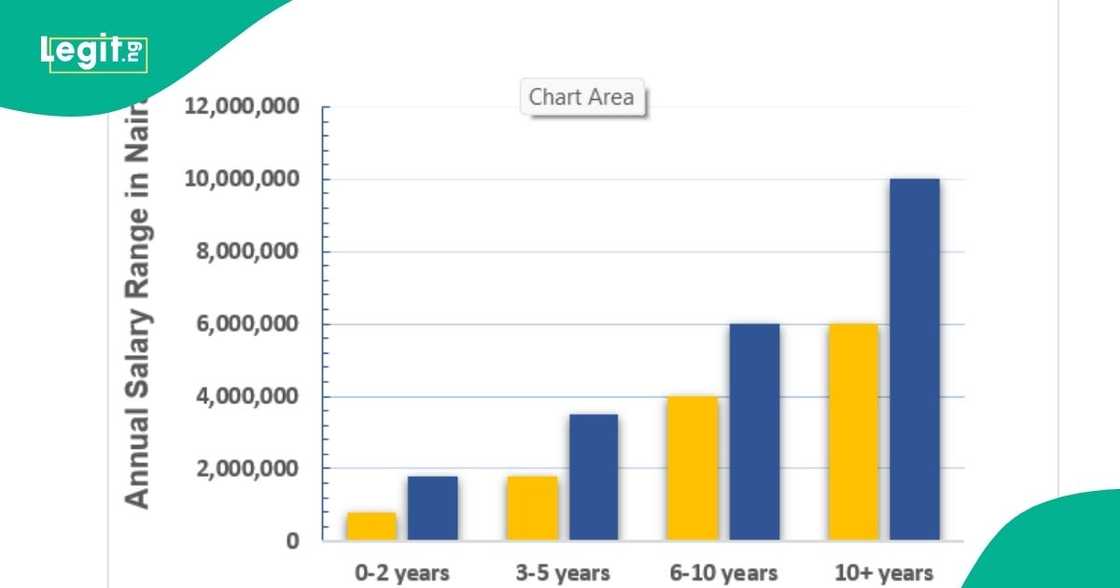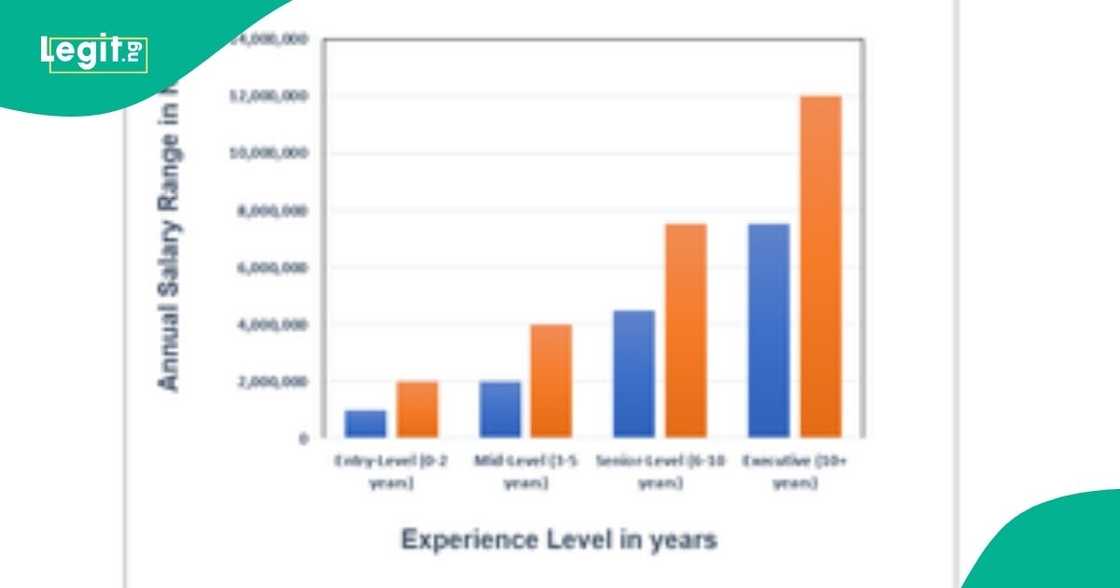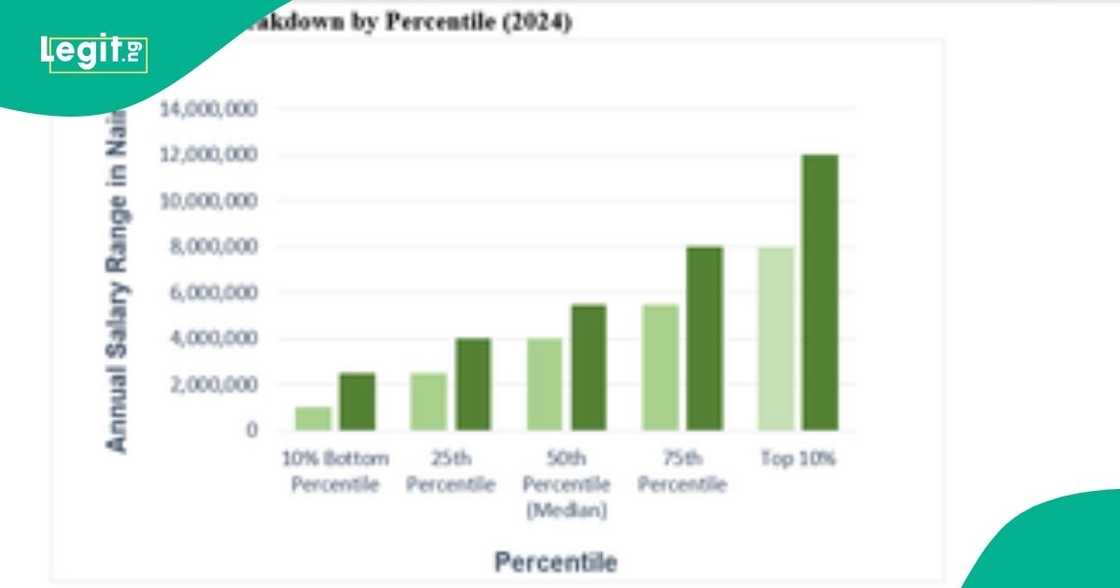The Gross Salary Dynamics of Supply Chain Managers in Nigeria: A Critical Analysis for 2024
By Prisca Williams
Supply chain management remains one of the most critical sectors in Nigeria’s economy, ensuring the efficient movement of goods, from procurement to distribution. However, a closer examination of the salary landscape for supply chain professionals reveals significant income disparities within the industry. While some supply chain managers earn lucrative salaries, the majority of professionals in the field earn far below what is expected for such an essential role, especially in 2024.
Overview of Supply Chain Manager Roles

Source: Original
Supply Chain Managers play a crucial role in businesses, overseeing procurement, logistics, inventory management, and distribution systems. They help organizations optimize processes and minimize costs. Despite their important contributions to operational success, the financial compensation for most supply chain managers does not reflect their level of responsibility or the complexity of their roles.
Salary Range for Supply Chain Managers in Nigeria (2021)
To better understand the salary dynamics of supply chain professionals, let’s examine the salary range in 2021. This provides context for how salaries have evolved over time and sets the foundation for comparing these figures to the current state in 2024.
Chart 1: Salary Range for Supply Chain Managers in Nigeria (2021)

Source: Original
As seen in Chart 1, supply chain managers in 2021 had a modest salary range. Entry-level professionals earned between ₦800,000 and ₦1,800,000 annually, while mid-level managers earned between ₦1,800,000 and ₦3,500,000. Senior-level professionals typically earned ₦4,000,000 to ₦6,000,000 annually, and those in executive roles earned anywhere from ₦6,000,000 to ₦10,000,000 annually. The disparity between the bottom and top earners is evident, with most professionals falling into the lower salary brackets.
Salary Distribution and Percentile Breakdown for 2024
By 2024, the salary range for supply chain managers has shifted slightly, but many professionals still find themselves on the lower end of the salary spectrum. The gap between top earners and the majority of professionals remains significant.
Chart 2: Salary Distribution for Supply Chain Managers in Nigeria (2024)

Source: Original
In Chart 2, the salary range for 2024 shows that entry-level professionals are earning between ₦1,000,000 and ₦2,000,000 annually, reflecting a slight increase from the previous year. Mid-level professionals now earn between ₦2,000,000 and ₦4,000,000, while senior-level supply chain managers earn between ₦4,500,000 and ₦7,500,000. The top earners, those in executive roles with over 10 years of experience, are now earning ₦7,500,000 to ₦12,000,000 annually. These figures emphasize the relative scarcity of higher-paid positions within the field, as most professionals remain on the lower end of the scale.
Key Factors Influencing Salary Differences
1. Industry Sector
The industry sector continues to play a pivotal role in determining salary levels. Industries such as oil and gas, pharmaceuticals, and technology offer better compensation due to the complexity of their supply chain operations. In contrast, industries like retail and consumer goods may offer lower salaries, reflecting less intricate supply chain systems.
2. Company Size
Larger multinational corporations tend to offer higher salaries to attract and retain supply chain managers who can handle more complex operations. In contrast, smaller businesses or local companies with less complex supply chains often offer lower salaries.
3. Geographic Location
Supply chain salaries are also influenced by location. Professionals working in metropolitan cities like Lagos, Abuja, and Port Harcourt tend to earn more, driven by the higher demand for skilled professionals and the higher cost of living in these areas. Conversely, supply chain managers in rural or less-demanding areas generally receive lower salaries.
The Top Percentile: Higher Salaries Reserved for the Few
In 2024, only a small proportion of supply chain managers in Nigeria earn salaries that are considered high for the profession. These top earners typically work for multinational corporations or in high-demand industries where the complexity of the supply chain justifies higher compensation. The vast majority of supply chain professionals, however, continue to earn salaries well below the figures seen at the top of the spectrum.
Chart 3: Salary Breakdown by Percentile (2024)

Source: Twitter
In Chart 3, we see that the majority of supply chain professionals fall within the bottom 50% of earners, with salaries ranging from ₦1,000,000 to ₦5,500,000 annually. These individuals typically hold entry-level to mid-level positions or work in industries with less complex supply chain needs. The top 10%, which includes senior and executive-level professionals in multinational corporations or high-demand industries, earn ₦8,000,000 to ₦12,000,000 annually. This group represents the highest earners within the field.
Closing the Gap: Addressing Salary Inequities
The gap between the lower and higher salary brackets within supply chain management remains significant. While the profession offers opportunities for those at the top, the reality for the majority of supply chain managers is far less lucrative. This disparity calls for greater attention to wage equity and a more transparent salary structure across industries.
Increased recognition of the vital role supply chain managers play in driving organizational success could help ensure that all professionals are fairly compensated for their contributions. Closing this gap is essential not only for attracting top talent but also for fostering long-term sustainability in Nigeria’s supply chain operations.
Source: Legit.ng






